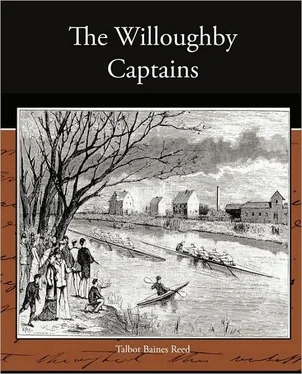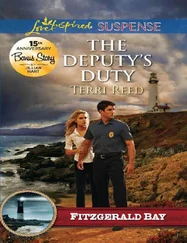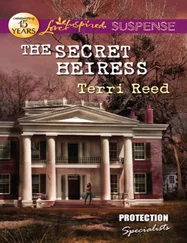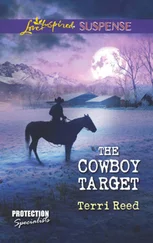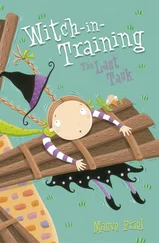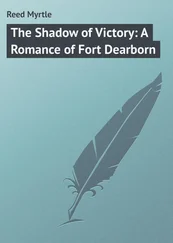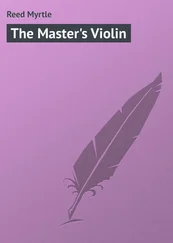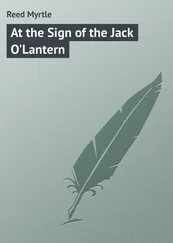The idea took, and an animated consultation took place. Parson, for a junior, was very well up in the “rules of the House,” and at his suggestion the notice-paper for to-morrow’s assembly was got hold of and filled with “amendments.”
“Call them amendments,” said he, “and they can’t say anything.”
“Oh, all serene,” said Telson, who had implicit confidence in his friend.
“For instance, here you are,” said Parson. “‘Mr Coates to move that Classics is a nobler study than Mathematics.’ Amendment proposed: ‘Instead of “nobler” say “viler.”’ Proposed by Bosher, further amendment: ‘Instead of “nobler” say “beastlier.”’ Proposed by Telson — (‘Hear, hear,’ from Telson) — further amendment: ‘Instead of “nobler” say “more idiotic.”’ You see it can easily be worked, and when we’ve done with ‘nobler’ we can start on the ‘is’ and amend it to ‘are,’ do you twig? There’ll have to be a division over each. I say it’ll be an awful lark!”
Little dreaming of the delightful treat in store for it, Willoughby assembled next afternoon, expecting nothing better than a dull debate on the well-worn question of classics versus mathematics. They were destined to experience more than one surprise before the meeting was over.
Riddell, who had spent a dismal day, not knowing what to do or think, and vainly hoping that Wyndham might by his own free confession solve the bitter problem, came to the meeting. It was the least wretched thing he could do. Anything was better than sitting alone and brooding over his secret.
For the first time he received a cheer as he entered and took his accustomed place. Willoughby was grateful to him for that catch in the Rockshire match. How, at any other time, the captain would have rejoiced over that cheer! But now he hardly heard it.
All the other heroes of the match received a similar ovation in proportion to the service they had done, and when, just at the last moment, Fairbairn, Coates, and Crossfield came in together, the “House” rose at them and cheered tremendously.
The business was preceded by the usual questions, none of which, however, were very important. After the captain’s performance last week, and perhaps still more after his speech in the House a week or two ago, honourable men had shown themselves less active in “baiting” him and asking him offensive questions, and on this occasion he was only interrogated once, and that was by Cusack, who wanted to know whether they were not going to get a whole holiday in honour of the Rockshire match? The captain replied that he had heard nothing about it.
Bosher was put up to ask Bloomfield whether he considered Eutropius fit reading for young boys? Loud cheers from all the small boys in question greeted the inquiry, in the midst of which Bloomfield cunningly replied that the honourable member had better give notice of the question for next time.
Then rose Telson, with all the dignity of office, and solemnly inquired of Mr Stutter, the Premier, whether he was aware that a new party had lately been formed in the House, consisting of Messrs Telson, Parson, Bosher, King, and Wakefield, called the “Skyrockets,” whose object was to look after the interests of the juniors all over the school, and who would be glad to receive fresh members at one shilling a head?
Stutter, who was scarcely heard in the uproar which followed this sensational announcement, meekly replied that he had not heard a word about it, an answer which, for some reason or other, provoked almost as much laughter as the question.
“All very well for them to grin,” growled Telson, who had expected a somewhat different reception to his important question: “wait till we start on the amendments.”
The opportunity soon arrived. Coates being called upon to open the debate, let off the speech he had prepared, and if he did not convince the House that classics was a nobler study than mathematics, he at least showed that he had convinced himself.
The “Skyrockets” had barely the patience to hear him out, and the moment he had done, Parson started to his feet, and shouted, “Mr Chairman and gentlemen, I beg to move an amendment—”
Here Bloomfield, whom the sight of the notice-paper had prepared for what was coming, interposed, “When I am ready for the honourable member I will call on him. The motion is not yet seconded.”
“No, no! That won’t wash, will it, you fellows?” cried Parson, excitedly, planting himself firmly in his place, and evidently seeing through the deep designs of the enemy. “Bother seconding! I mean to move my amendment, if I stick here all night! (Terrific Skyrocket cheers.) We kids have been snubbed long enough, and we’re going to make a stand!” (“Question,” “Order.”) “All very well for you to sing out ‘Order’—”
The Chairman:
“Will the honourable member—”
“No, he won’t!” screamed Parson, with the steam well up; “and he’s not going to! I’ve got a right to be heard — we’ve all got a right to be heard, and we’re going to be heard, what’s more! (Tremendous cheers from the club.) We’re all equal here, aren’t we, you chaps?” (“Rather!”)
Here Fairbairn rose to order, but Parson was too quick for him.
“No, no!” he cried, “we don’t want any of your jaw! We’re not going to be shut up by you! We’re a party, I tell you, and we’re bound to stick out!” (“Hear, hear,” from Bosher.) “We expected you’d be trying to sit on us, but we made up our minds we won’t be sat on! (Prolonged cheers.) I’ve not begun my speech yet — (laughter) — and I don’t mean to till you hold your rows!”
Here there were loud cries of “Order” from various parts of the House, which, however, only served to inspirit the speaker, who proceeded at the top of his voice, “It’s no use your going on like that. (I say, you chaps,” added he, turning round to his companions, “back me up, I’m getting husky.) You think we’re a lot of fools—”
(“We’re a lot of fools!” chimed in the chorus, by way of backing up their orator.)
“But we’re not as green as we look!”
(“Green as we look!”)
“You all seem to think it funny!”
(“Think it funny!”)
“But you needn’t think you’ll shut us up!”
(“Shut us up!”)
Here another attempt was made on the part of the chairman to reduce the meeting to order. Above the laughter and cheering and hooting he cried at the top of his voice, “Unless you stop your foolery, Parson, I’ll have you turned out!”
“Will you? Who’s going to stop my foolery?” yelled Parson.
(“Stop my foolery?”) howled the chorus.
“Try it on, that’s all! You don’t think we funk you!”
(“We funk you!”)
“Do you suppose we don’t know what we’re doing?”
(“We don’t know what we’re doing?”)
“Look out, you fellows! Hold on!”
This last remark was caused by a rush upon the devoted band, with a view to carry out the edict of the chairman.
Parson went on with his oration till he was secured, hand and foot, and carried forcibly to the door, and even then continued to address the house, struggling and kicking between every syllable. His backers, equally determined, clung on to the forms and desks, and continued to shout and scream and caterwaul till they were one by one ejected.
Even then they maintained their noble stand for freedom of speech by howling through the key-hole and kicking at the door, till finally a select band of volunteers was dispatched “to clear the approaches to the House” and drive the Skyrockets to their own distant studies, where they organised a few brawls on their own account, and ended the afternoon very hoarse, very tired, but by no means cast down.
Читать дальше
